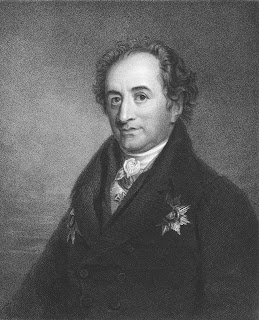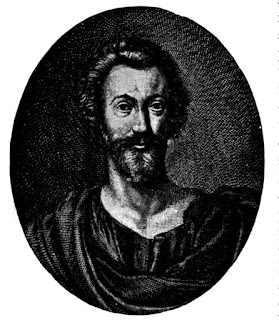Chapter 6
SAL is Not Only About YOU
What does it really mean to be responsible?
Freedom Focused suggests it means two basic things.
First, as Dr. Stephen R. Covey taught, being responsible means you have developed "the ability to choose your response" to a situation—regardless how you may feel about it. (1) This ability gives YOU the FREEDOM and POWER to avoid becoming a complacent victim of your circumstances and other situational variables. It empowers you instead to rise above negative, painful, and even tragic events to ultimately choose your own destiny in life.
Second, responsibility means you are accountable to others for your choices. This responsibility potentially extends to a dozen different potential persons, groups, or other entities, as follows:
- Yourself
- Significant Other
- Immediate Family Members
- Extended Family Members
- Friends
- Neighbors
- Colleagues
- Other people around you—including strangers—that could possibly be affected or influenced by your choices
- Organizations, including the Community, State, and Nation in which you reside
- Global population
- Planet Earth
- God/the Universe/Serendipity, etc.
 |
| Johann Wolgang von Goethe 1749-1832 |
At Freedom Focused, we hold that all human beings have an Existential Duty to try their very best to develop nobler characteristics of SAL within themselves for the holistic, long-term benefit of themselves and others. This duty springs froth from the reality that, like it or not, we all live interconnected lives. Thus, our decisions always impact and influence other people, either directly or indirectly—whether we intend for them to, or not.
 |
| John Donne 1572-1631 |
"No Man is an Island, entire of itself, every man is a piece of the Continent, a part of the main; if a clod be washed away from the sea, Europe is the less, as well as if a Promontory were, as well as if a Manor of they friends, or of thine own were; Any Man's death diminishes me, because I am involved in Mankind; And therefore never send to know for whom the bell tolls; It tolls for thee." (2)
Whether you know it or not, and whether you like it or not, Life has granted you the right to direct your own existence in this world. This right is accompanied by a solemn responsibility to conduct and direct your life in ways that contribute positively to the long-term growth, development, and freedom of yourself and others.
This means that it is SELFISH and WRONG to live only for yourself.
Ethical and moral living involves carefully considering how YOUR actions will affect, impact, and influence other human beings and life forms, including the planet-at-large. This means you are responsible for cleaning up the messes you make; it also means you must sometimes take part in cleaning up messes you had no part in creating—with the humble recognition that others have taken part in cleaning up your messes over the years.
To remind myself of this duty, I strive to pick up at least one piece of trash I didn't throw down every day of my life. While one piece of trash per day by one person (me) isn't going to make a considerable difference in the world's littering problem, the power of the paradigm and practice in my life—and my ability to share with and teach my practice to others—just might have a sizable impact in the end.SAL Mantra
SAL Mantra

- What impact or influence do you currently have on other people (i.e. family members, friends, colleagues, etc.)?
- Is your current impact or influence on others positive and constructive or negative and destructive?
- What is something you could begin doing TODAY to contribute more positively and constructively to those with whom you live and work?
- What is something you could do to provide conscious and intentional service to one or more of the following groups: family, neighbors, school, organization, community, state, nation, or world?
—Dr. JJ
Author's Note: This is the 387th Blog Post Published by Freedom Focused LLC since November 2013 and the 198th consecutive weekly blog published since August 31, 2020.
Click HERE for a compete listing of the other 386 FF Blog Articles
Click HERE for a complete listing of Freedom Focused SAL QUOTES
Click HERE for a complete listing of Freedom Focused SAL POEMS
Click HERE to access the FULL TEXT of Dr. JJ's Psalms of Life: A Poetry Collection
.........................
Tune in NEXT Wednesday for another article on a Self-Action Leadership related topic.
Click HERE to buy the SAL Textbooks
Chapter 6 Notes:
1. Covey, S.R. (1989). The 7 Habits of Highly Effective People: Powerful Lessons in Personal Change. New York, NY: Fireside. Page 71. Italics added.
2. Booty, J. (1990). John Donne: Selections From Divine Poems, Sermons, Devotions, and Prayers. NewYork, NY: Paulist Press. Page 58.
3. This mantra is derived from a similar quote by Mother Theresa of Calcutta: If you want to change the world, go home and love your family.






No comments:
Post a Comment